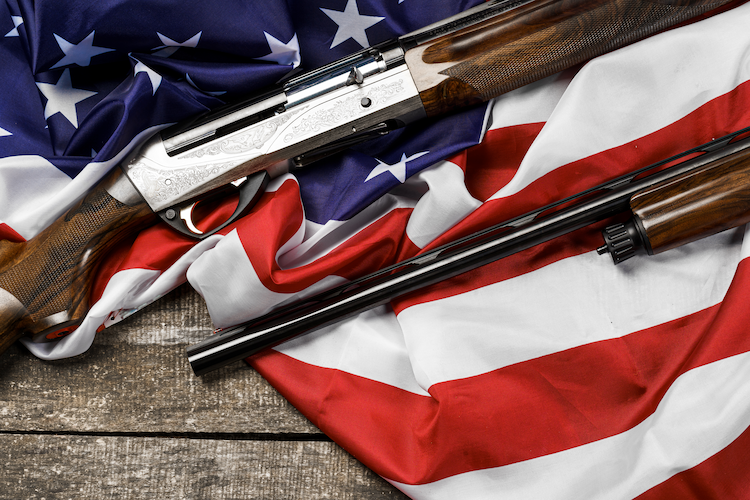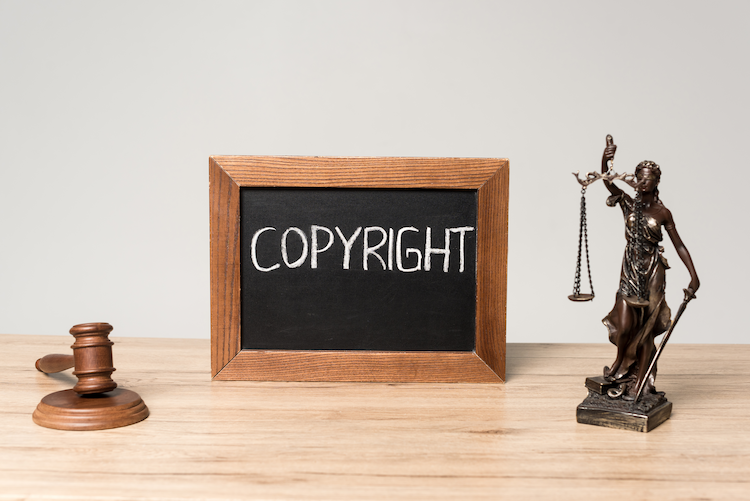Obstruction of Justice Under United States v Aguilar
Historical
In his report, Special Counsel Robert Mueller cited several Supreme Court cases interpreting what constitutes obstruction of justice. One of the cases referenced in the Mueller Report is United States v Aguilar, 515 U.S. 593 (1995), in which the Court held that uttering false statements to an investigating agent who might or might not testify before a grand jury is not sufficient to constitute obstruction.
Facts of United States v Aguilar
United States District Judge Robert Aguilar was convicted of one count of illegally disclosing a wiretap in violation of18 U.S.C. § 2232(c), and of one count of endeavoring to obstruct the due administration of justice in violation of18 U.S.C. § 1503.
He was convicted of illegally disclosing a wiretap in violation of18 U.S.C. § 2232(c), even though the authorization for the particular wiretap had expired before the disclosure was made. The statute provides criminal penalties for anyone who, “[1] having knowledge that a Federal . . . officer has been authorized or has applied for authorization . . . to intercept a wire . . . communication, [2] in order to obstruct, impede, or prevent such interception, [3] gives notice or attempts to give notice of the possible interception to any person.”
Because he lied to the Federal Bureau of Investigation (FBI) agents during a grand jury investigation, he also was convicted of endeavoring to obstruct the due administration of justice under the Omnibus Clause §1503, which serves as a catchall provision by prohibiting persons from endeavoring to influence, obstruct, or impede the due administration of justice.
The Ninth Circuit Court of Appeals reversed both convictions, reasoning that Aguilar’s conduct in each instance was not covered by the statutory language. The Supreme Court granted certiorari to resolve a conflict among the federal circuits over whether §1503 punishes false statements made to potential grand jury witnesses, and to clarify whether disclosure of a wiretap after its authorization expires violates §2232(c).
Supreme Court’s Decision in United States v Aguilar
By a vote of 8-1, the Supreme Court affirmed the decision of the Court of Appeals with respect to Aguilar’s conviction under18 U.S.C. § 1503and reversed with respect to respondent’s conviction under18 U.S.C. § 2232(c). Chief Justice William H. Rehnquistwrote on behalf of the Court.
The Court first held that uttering false statements to an investigating agent who might or might not testify before a grand jury is not sufficient to make out a violation of §1503’s prohibition of “endeavor[ing] to influence, obstruct, or impede . . . the due administration of justice.”In reaching its decision, the Court adopted the “nexus” requirement of the lower courts, which requires that the act must have a relationship in time, causation or logic with the judicial proceedings.“The action taken by the accused must be with an intent to influence judicial or grand jury proceedings; it is not enough that there be an intent to influence some ancillary proceeding, such as an investigation independent of the Court’s or grand jury’s authority,” the Chief Justice explained.
In this case, the Court found that “[t]he Government did not show here that the agents acted as an arm of the grand jury, or indeed that the grand jury had even summoned the testimony of these particular agents.” Accordingly, it agreed that the conviction should be overturned.
The Court further held that disclosure of a wiretap after its authorization expires violates §2232(c). As the Chief Justice explained:
The Court of Appeals thought its result justified by its view that the aim of the statute was to prevent interference with “possible” interceptions, and that if an interception was not possible because the wiretap was no longer in place at the time of the disclosure, that interest was not threatened. But the statute is aimed at something more than the interference with interceptions; it is aimed at disclosure of wiretap orders or applications which may lead to interceptions. The offense is complete at the time the notice is given when it often cannot be known whether any interception will take place.
The Court rejected Aguilar’s calls to read the statute to exclude disclosures of expired wiretaps because of concern that a broader construction would run counter to theFirst Amendment. “We see no necessity for such a restrictive construction of the statute,” the Chief Justice wrote. “It is true that the government may not generally restrict individuals from disclosing information that lawfully comes into their hands in the absence of a state interest of the highest order, [b]ut the statute here in question does not impose such a restriction generally, but only upon those who disclose wiretap information ‘in order to instruct, impede, or prevent’ the interception.”
The Court further noted that Aguilar was not simply a member of the general public who happened to lawfully acquire possession of information about the wiretap, but a federal district court judge who learned of a confidential wiretap application from the judge who had authorized the interception. “Government officials in sensitive confidential positions may have special duties of nondisclosure,” the Chief Justice wrote.
Previous Articles
SCOTUS Sides With NRA in First Amendment Dispute
by DONALD SCARINCI on June 25, 2024
In National Rifle Association of America v. Vullo, 602 U.S. ____ (2024), the U.S. Supreme Court rul...
SCOTUS Rules Challenged South Carolina District Is Not a Racial Gerrymander
by DONALD SCARINCI on June 19, 2024
In Alexander v. South Carolina State Conference of the NAACP, 602 U.S. ____ (2024), the U.S. Suprem...
SCOTUS Holds No Time Limit for Damages Under Copyright Act
by DONALD SCARINCI on June 17, 2024
In Warner Chappell Music, Inc. v. Nealy, 601 U.S. ____ (2024), the U.S. Supreme Court held that the...
The Amendments
-
Amendment1
- Establishment ClauseFree Exercise Clause
- Freedom of Speech
- Freedoms of Press
- Freedom of Assembly, and Petitition
-
Amendment2
- The Right to Bear Arms
-
Amendment4
- Unreasonable Searches and Seizures
-
Amendment5
- Due Process
- Eminent Domain
- Rights of Criminal Defendants
Preamble to the Bill of Rights
Congress of the United States begun and held at the City of New-York, on Wednesday the fourth of March, one thousand seven hundred and eighty nine.
THE Conventions of a number of the States, having at the time of their adopting the Constitution, expressed a desire, in order to prevent misconstruction or abuse of its powers, that further declaratory and restrictive clauses should be added: And as extending the ground of public confidence in the Government, will best ensure the beneficent ends of its institution.




